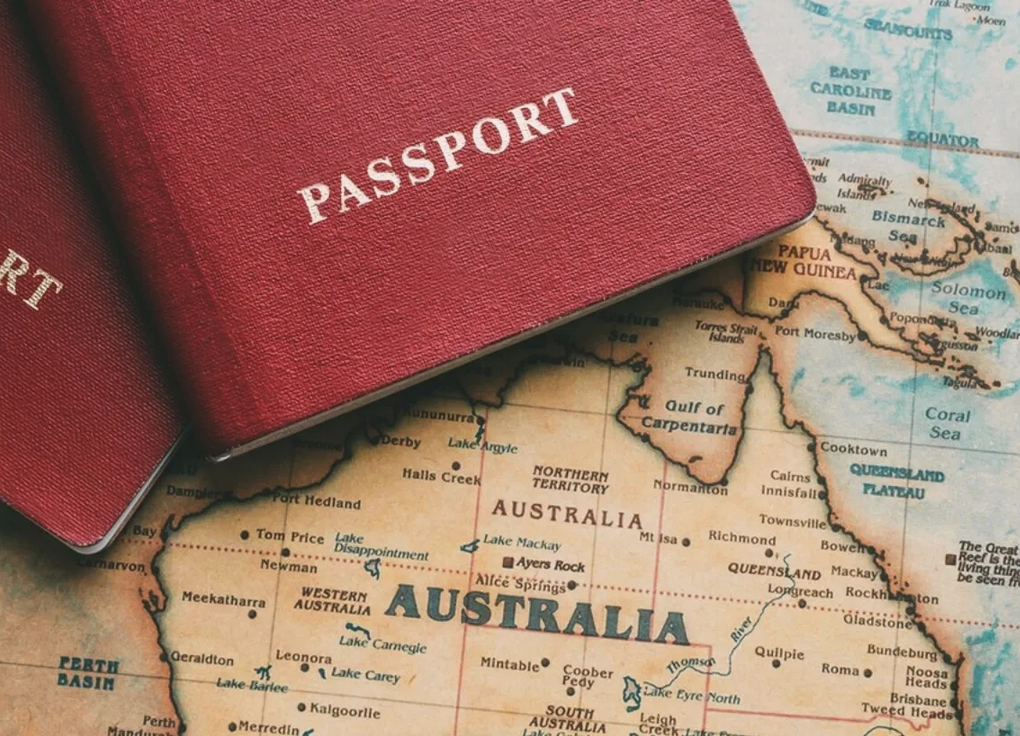
Navigating the Aftermath: Protecting Yourself After the Australian Vacation Travel Data Breach”
In the wake of a major data breach that has exposed sensitive traveler information related to Australian vacation travel, affected individuals now find themselves in a precarious situation. As travelers grapple with the potential risks stemming from the breach, understanding what to look for and taking proactive measures becomes paramount to safeguard personal information.
The Breach Fallout:
In this scenario, a non-password protected database containing a wealth of Australian vacation travel records has been uncovered, sending shockwaves through the travel industry. As travelers come to terms with the situation, there are specific actions they can take to minimize the impact on their privacy and security.
Immediate Steps for Affected Travelers:
1. Verify Travel Plans:
- Contact the respective travel agencies directly to verify the accuracy of your travel plans. Confirm details such as flight bookings, accommodations, and any other arrangements to ensure they align with your intended itinerary.
2. Monitor Financial Statements:
- Rigorously monitor bank statements, credit card transactions, and other financial accounts for any unusual or unauthorized activities. Report any discrepancies or suspicious transactions to your financial institution promptly.
3. Change Passwords and Enable Multi-Factor Authentication (MFA):
- Update passwords for all accounts associated with the affected travel agencies, including online booking platforms. Additionally, consider enabling multi-factor authentication where available for an extra layer of security.
4. Stay Informed:
- Stay vigilant by following updates from the travel agencies and relevant authorities regarding the breach. Regularly check for communication from the agencies, which may provide information on steps taken to address the incident.
Identifying Suspicious Activity:
1. Unusual Emails or Messages:
- Be cautious of unexpected emails or messages claiming to be from the travel agency. Verify the legitimacy of such communications, especially those requesting additional personal information or directing you to click on links.
2. Unauthorized Changes to Travel Plans:
- Keep an eye out for any unauthorized modifications to your travel itinerary. If you notice sudden changes, contact the travel agency immediately to rectify the situation.
3. Phishing Attempts:
- Exercise caution when encountering emails or messages related to the breach. Cybercriminals may attempt to exploit the situation through phishing attacks. Avoid clicking on links or providing additional personal information without proper verification.
4. Identity Theft Red Flags:
- Stay alert to signs of identity theft, such as unusual credit applications, unexpected account openings, or any other financial activities that you did not initiate.
Empowering Travelers for the Future:
As travelers navigate the aftermath of the data breach, it is crucial to remain vigilant and proactive in protecting personal information. This incident serves as a reminder of the importance of cybersecurity awareness and the need for individuals to take an active role in securing their data.
In collaboration with travel agencies, affected travelers should prioritize cybersecurity education, staying informed about potential risks, and advocating for improved data protection practices within the travel industry. By working together, both travelers and industry stakeholders can contribute to a safer and more secure environment for all.


